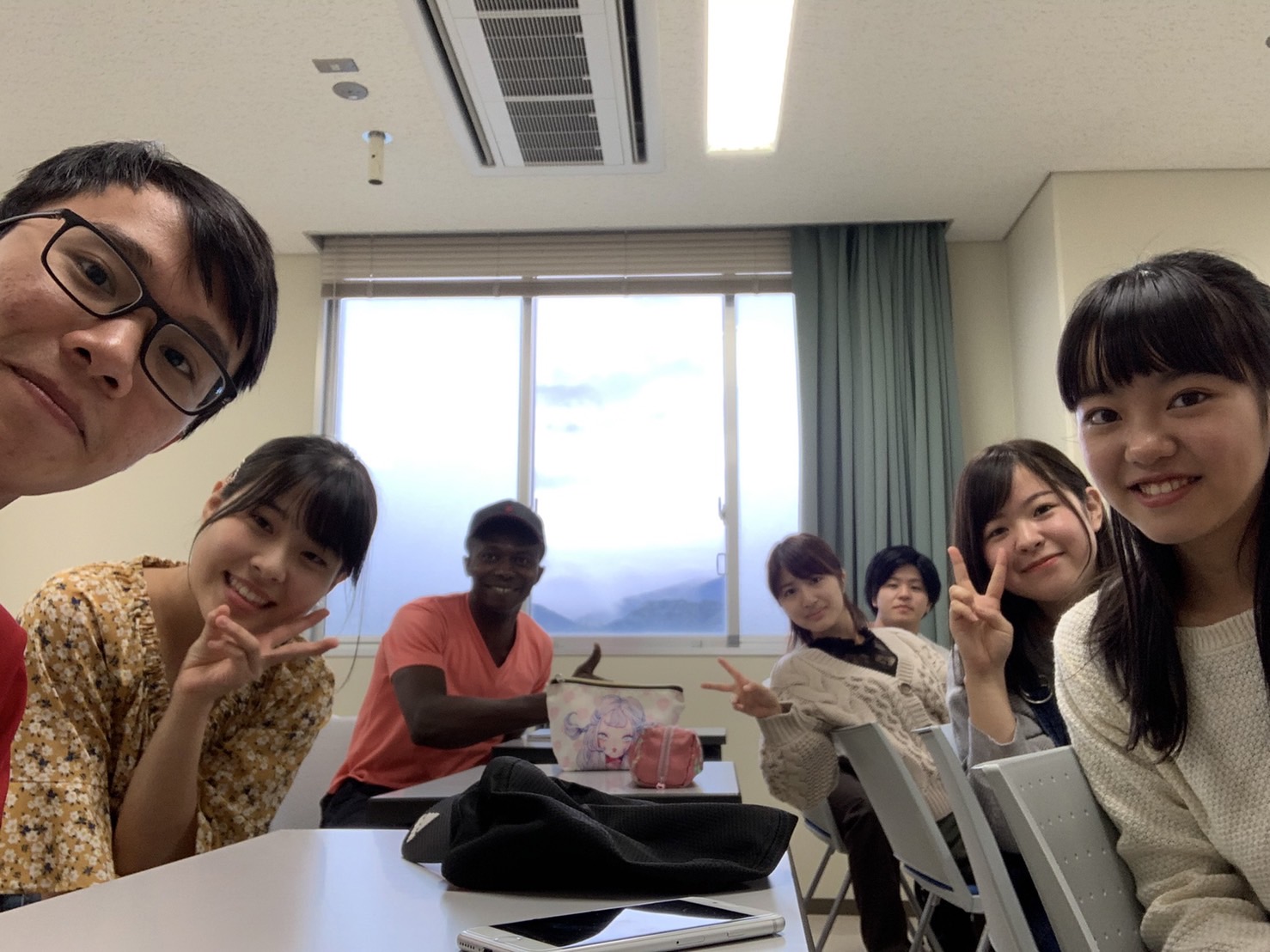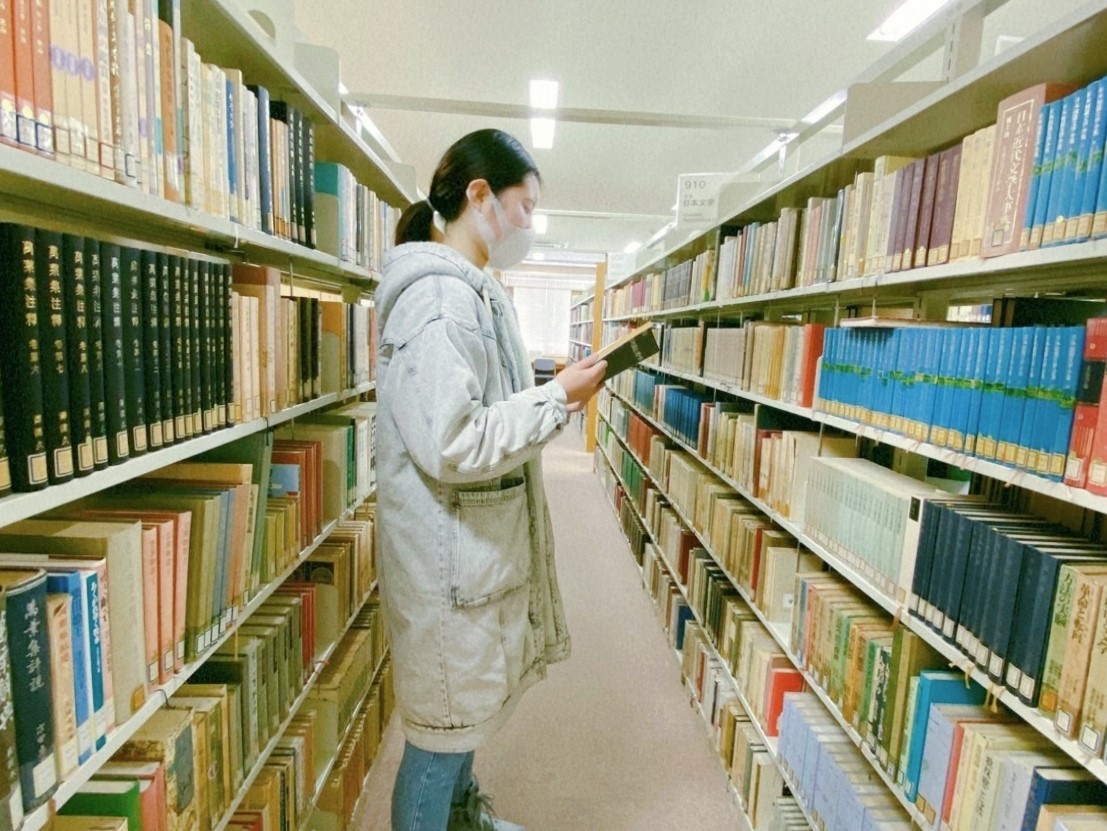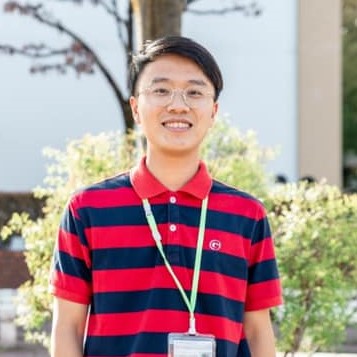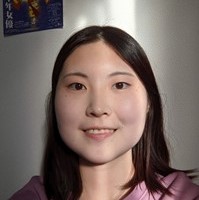Learn about a wide range of cultures and societies while prioritizing a specialization.
Based on a comprehensive perspective, the faculty of social sciences carries out an educational program built upon a comprehensive one-course system in the social sciences that endows students with comprehensive and general use knowledge and skills, in order to serve the needs for human resources in the region. Additionally, the faculty employs a curriculum that allows students to learn basic skills for adulthood (English, information/statistics/surveying, practical problem solving) while learning more about their specialization.
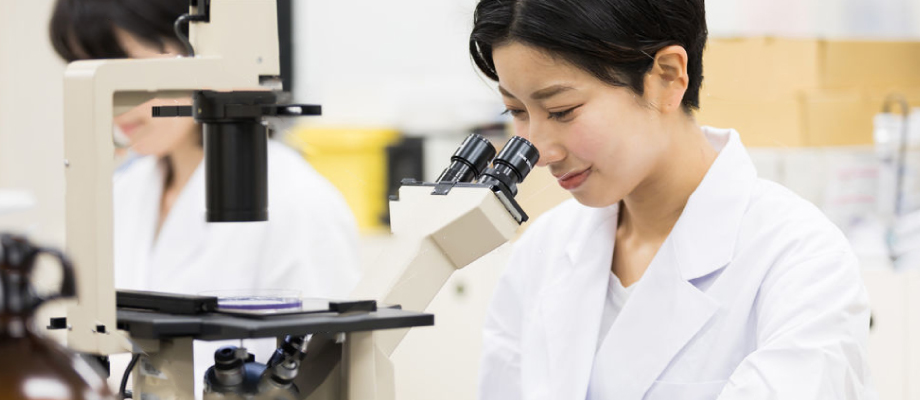
Learn in Yamagata
Yamagata University
Yamagata University
One of eastern Japan's leading university systems
At Yamagata University, one oe eastern Japan's leading universities, over 9,000 students strive towards higher education in the 6 faculties of Social Sciences, Regional Education and Culture, Sciences, Medicine, Engineering, and Agriculture, as well as in 6 graduate research programs. In 2019 the university celebrated its 70th anniversary, and with a long history and many traditions, it continues to send the best of the best into many areas of society.
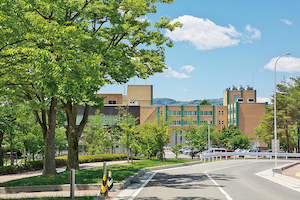
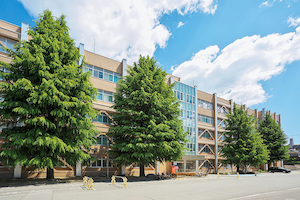
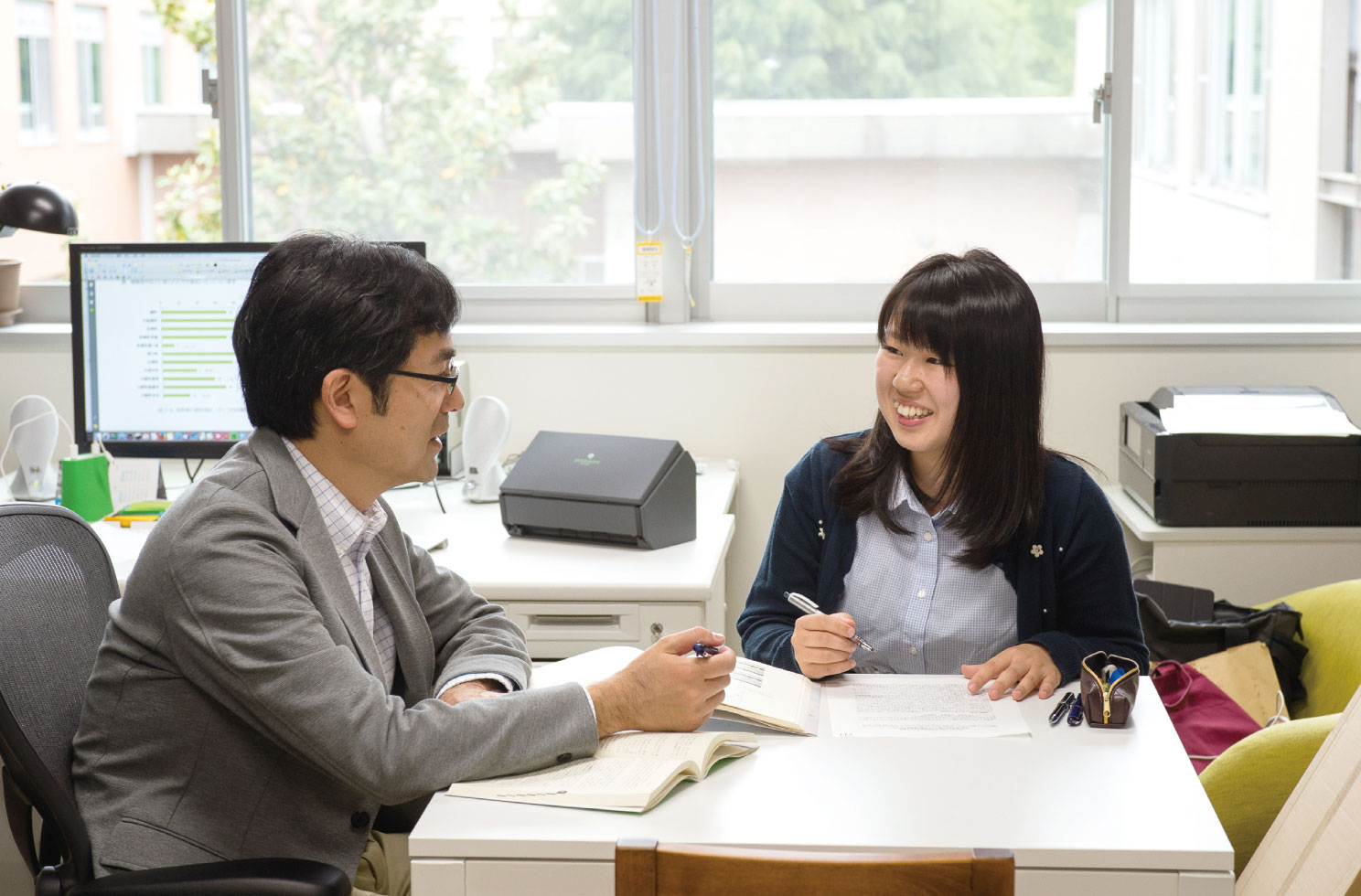
Faculty of Social Sciences
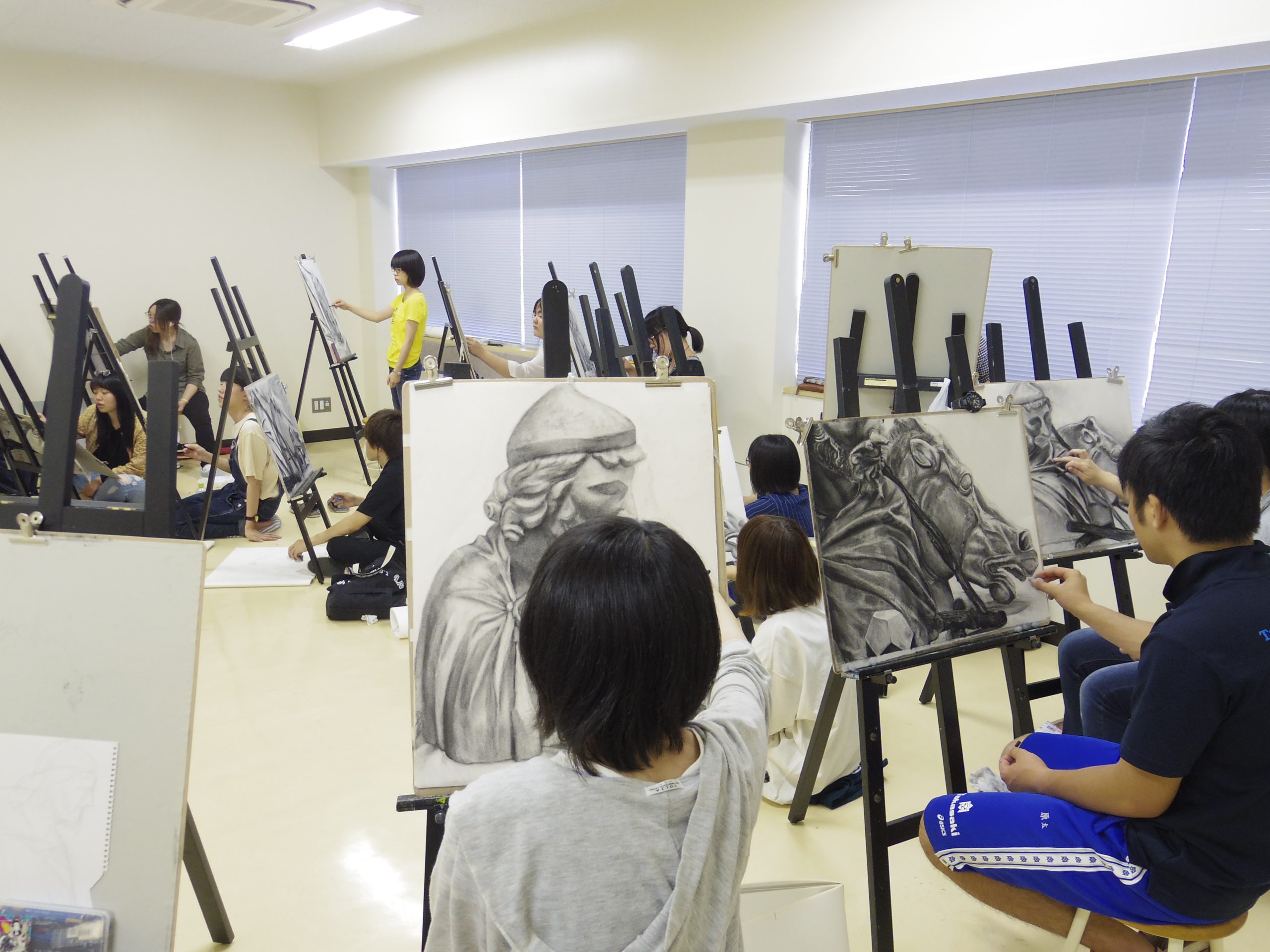
Faculty of Regional Education and Culture
Supporting culturally rich life and education for children in the region.
This department supports "education for children in the region" and "culturally rich lifestyles," and educates those who work to solve regional problems in coordination with a diverse range of people, groups, and organizations. The faculty has established a culture creation course for the hands-on training of those who coordinate networks for "familiarizing," "cultivating," and "leveraging" culture from the perespectitve of the health of the mind and body and the regional art culture, as well as a youth education course that trains those who can use their network to facilitate and support the education of children in the region.
This department supports "education for children in the region" and "culturally rich lifestyles," and educates those who work to solve regional problems in coordination with a diverse range of people, groups, and organizations. The faculty has established a culture creation course for the hands-on training of those who coordinate networks for "familiarizing," "cultivating," and "leveraging" culture from the perespectitve of the health of the mind and body and the regional art culture, as well as a youth education course that trains those who can use their network to facilitate and support the education of children in the region.
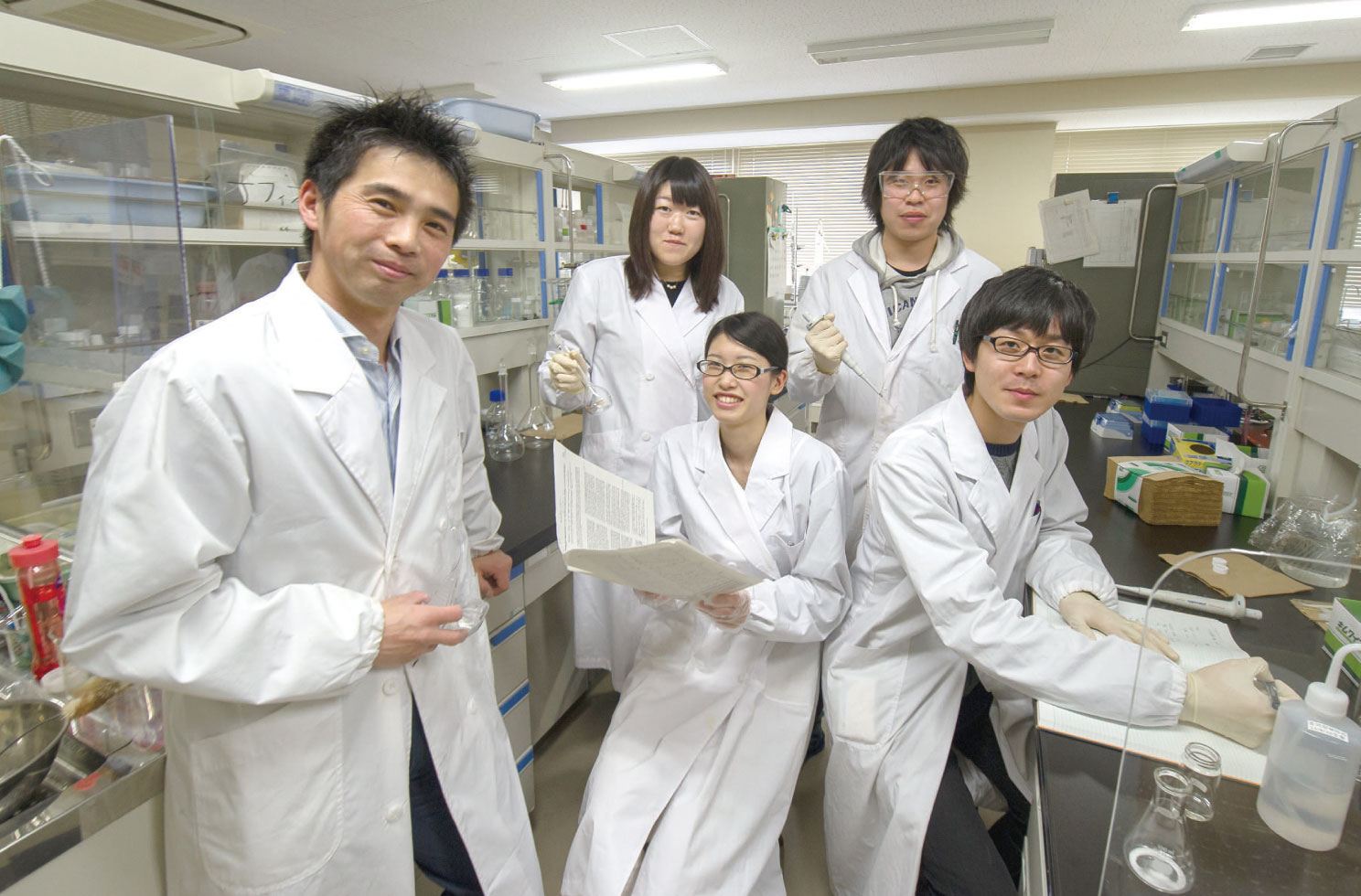
Faculty of Physical Science
Acquire the specialized elements of science that are the driving force of technological innovation.
Physcial science is the study of the reasons behind universal laws and principles that appear in every natural phenomenon. All of the various field of science have progressed until now, and have fused together, making the 21st century a time when new sciences are created. In order to understand these sciences correctly and stand at the site of the latest research, the faculty of physical science brings up talent that is able to meet the needs of society with creativity and flexibility through education in the basics of natural science and research from a variety of viewpoints.
Physcial science is the study of the reasons behind universal laws and principles that appear in every natural phenomenon. All of the various field of science have progressed until now, and have fused together, making the 21st century a time when new sciences are created. In order to understand these sciences correctly and stand at the site of the latest research, the faculty of physical science brings up talent that is able to meet the needs of society with creativity and flexibility through education in the basics of natural science and research from a variety of viewpoints.
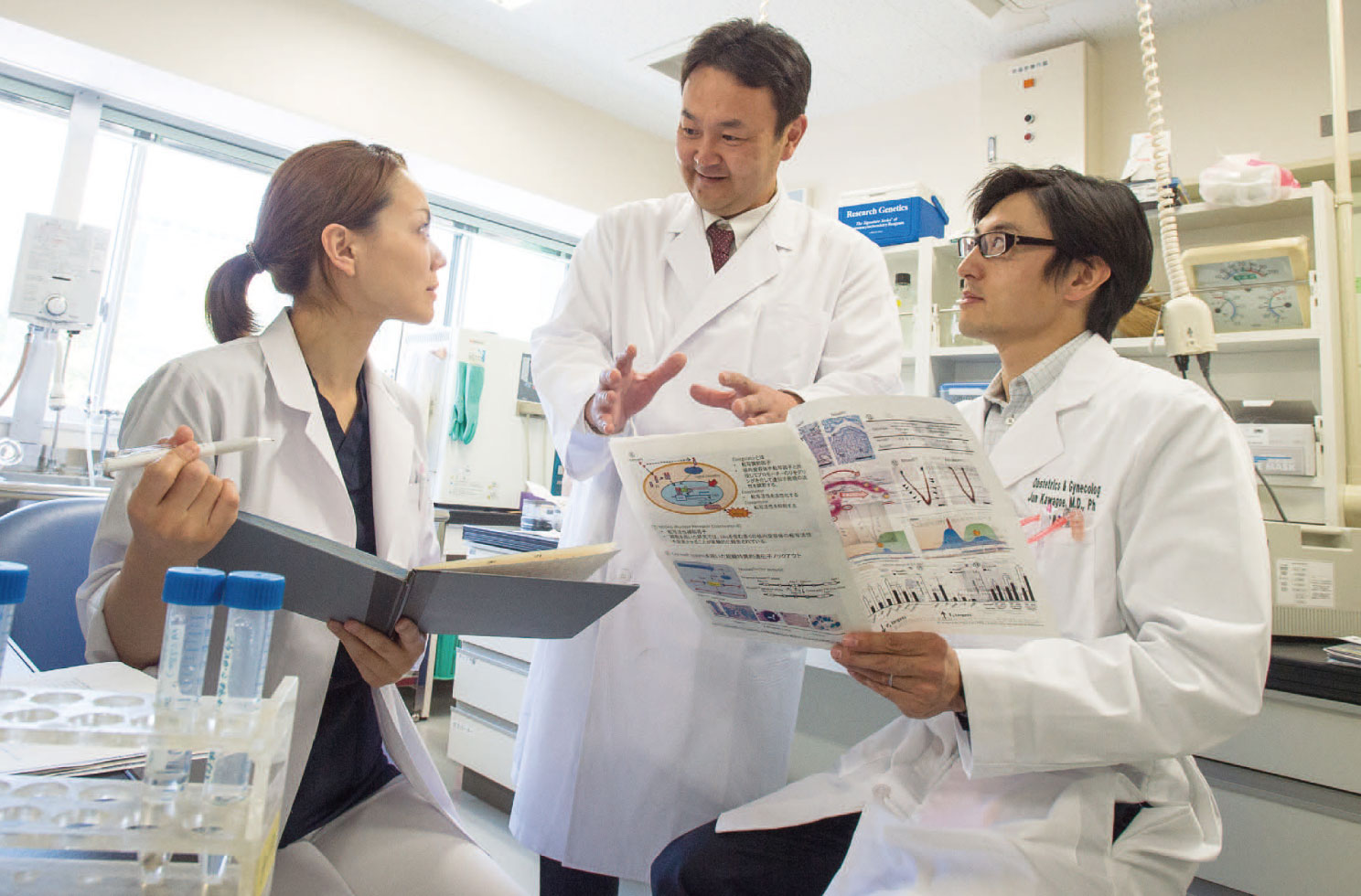
Faculty of Medicine
World leaders in medicine and medical treatment are born here.
The faculty of medicine includes the Medical Course and the Nursing Course, which functions as the core of local medical care as well as the place where the world's latest research, medical examination, and education takes place. After the faculty of medicine was established in 1973, the department has been educating outstanding doctors with the latest knowledge, using a curriculum that reflects the highest medical research. The Nursing Course was established in 1993 as the first public 4-year course of its kind in Tohoku and Hokkaido, and continues to train nursing workers who are able to effectively use their skills, knowledge, and humanity to adapt to demand of the changing times. Graduates from both courses have gone on to become local frontline medical workers, as well as to work in a variety of overseas medical settings and research institutions.
The faculty of medicine includes the Medical Course and the Nursing Course, which functions as the core of local medical care as well as the place where the world's latest research, medical examination, and education takes place. After the faculty of medicine was established in 1973, the department has been educating outstanding doctors with the latest knowledge, using a curriculum that reflects the highest medical research. The Nursing Course was established in 1993 as the first public 4-year course of its kind in Tohoku and Hokkaido, and continues to train nursing workers who are able to effectively use their skills, knowledge, and humanity to adapt to demand of the changing times. Graduates from both courses have gone on to become local frontline medical workers, as well as to work in a variety of overseas medical settings and research institutions.
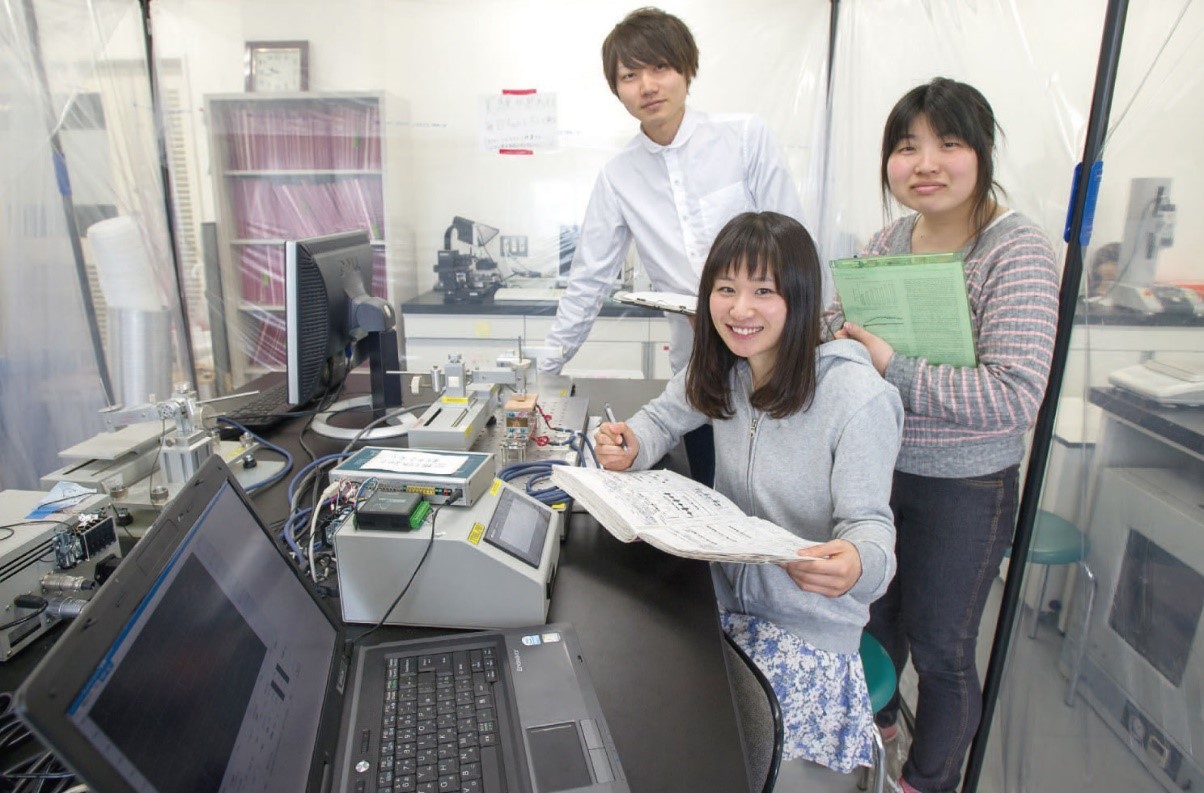
Faculty of Engineering
Learn at the world's best research and development facility that continues to bring forth innovation
The faculty of engineering works on the latest research in a multitude of fields including organic materials while continuing on with the frontier spirit passed down from the earliest development of synthetic fibers in Japan. In 1993, the faculty succeeded in the world's first production of "white organic EL," and went on to have many more successes in research. The faculty has also been highly rated by companies and businesses as well. While continuing to improve and carry on tradition, the faculty of engineering continues to aim for even more great strides. The graduate school has many English courses, so it is possible to do an English-focused version of the program.
The faculty of engineering works on the latest research in a multitude of fields including organic materials while continuing on with the frontier spirit passed down from the earliest development of synthetic fibers in Japan. In 1993, the faculty succeeded in the world's first production of "white organic EL," and went on to have many more successes in research. The faculty has also been highly rated by companies and businesses as well. While continuing to improve and carry on tradition, the faculty of engineering continues to aim for even more great strides. The graduate school has many English courses, so it is possible to do an English-focused version of the program.
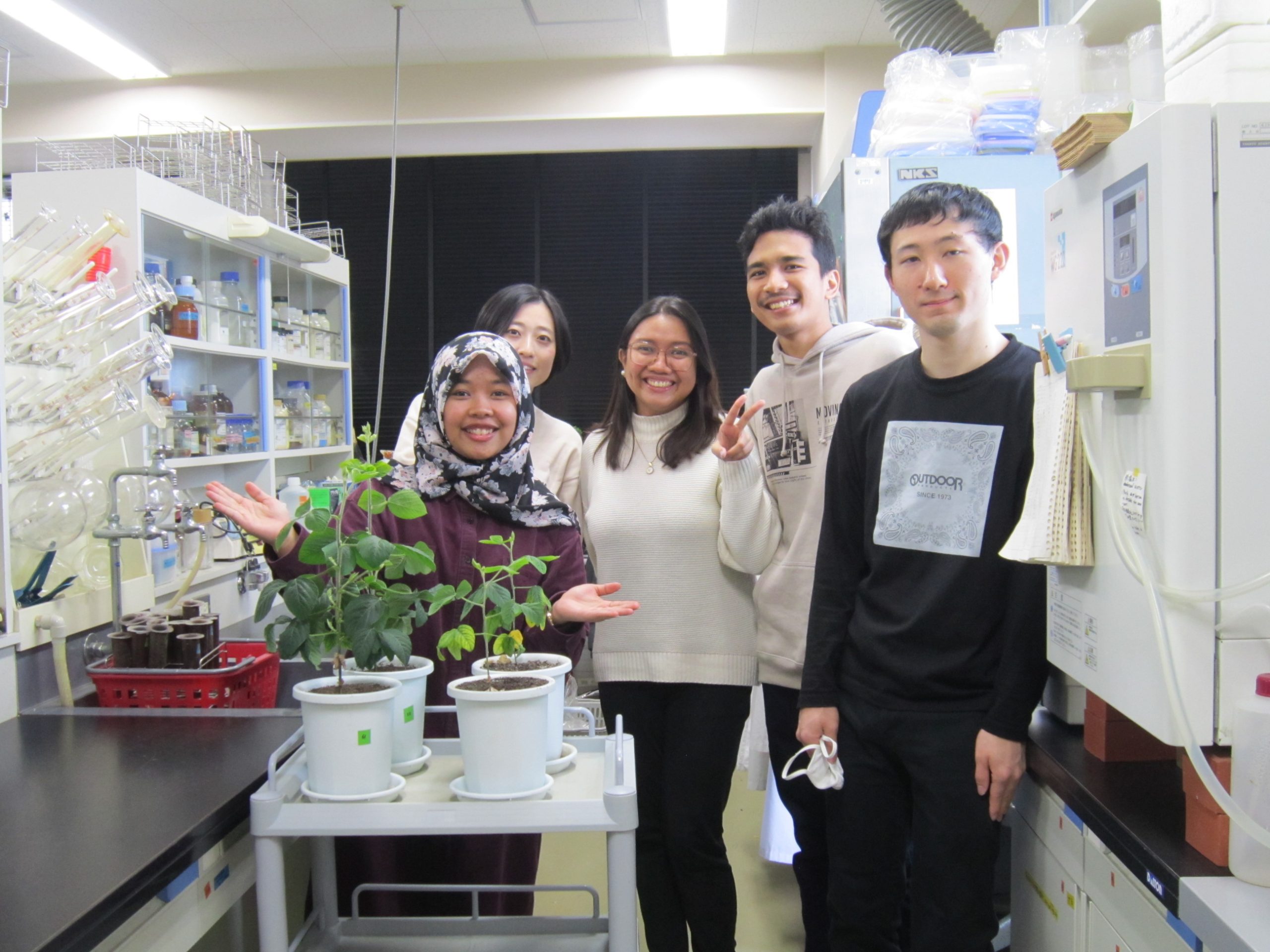
Faculty of Agriculture
Field of agricultural study that pans out 360 degrees.
Take the challenge to solve the problems of food, life, and the environment.
It is said that the biggest problems of the 21st century will be food, the environment, and energy. In this department, students acquire the skills and knowledge for solving complex, large-scale, multifaceted problems that even go beyond agriculture, such as global warming, biodiversity loss, environmental degradation, natural resource exhaustion, and food insecurity. Not only that, but the faculty also strives to educate those with a balanced view and comprehensive judgement, so that they can solve multifaceted problems related to food, life, and the environment, included in "wide-view agriculture.
Take the challenge to solve the problems of food, life, and the environment.
It is said that the biggest problems of the 21st century will be food, the environment, and energy. In this department, students acquire the skills and knowledge for solving complex, large-scale, multifaceted problems that even go beyond agriculture, such as global warming, biodiversity loss, environmental degradation, natural resource exhaustion, and food insecurity. Not only that, but the faculty also strives to educate those with a balanced view and comprehensive judgement, so that they can solve multifaceted problems related to food, life, and the environment, included in "wide-view agriculture.
INTERVIEW 01
INTERVIEW 02
